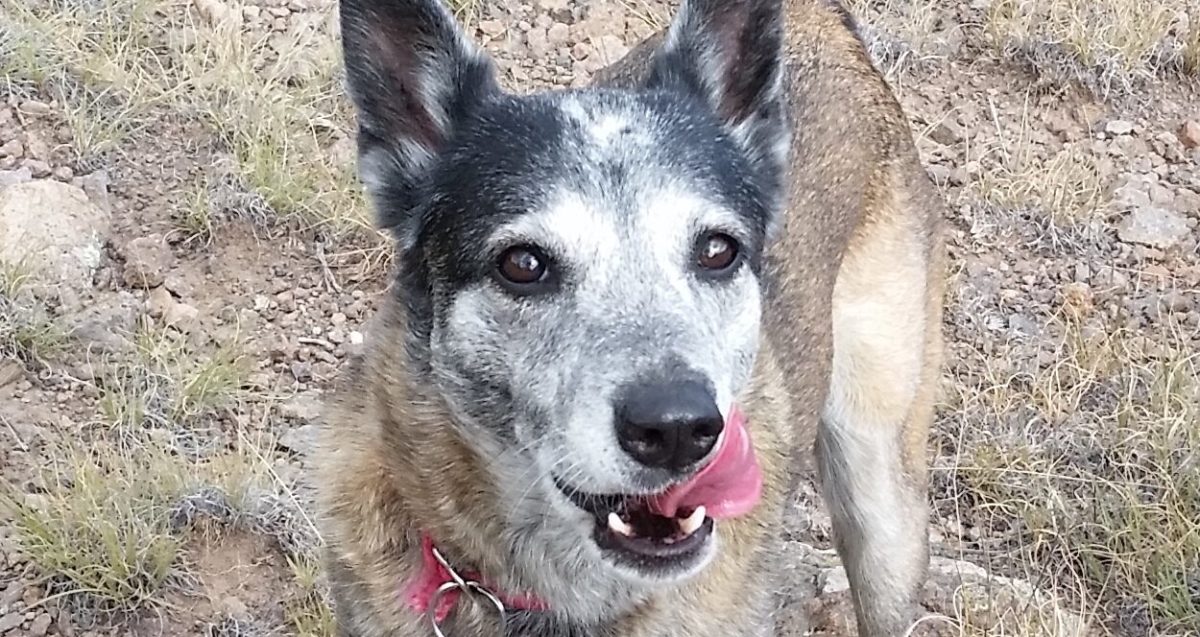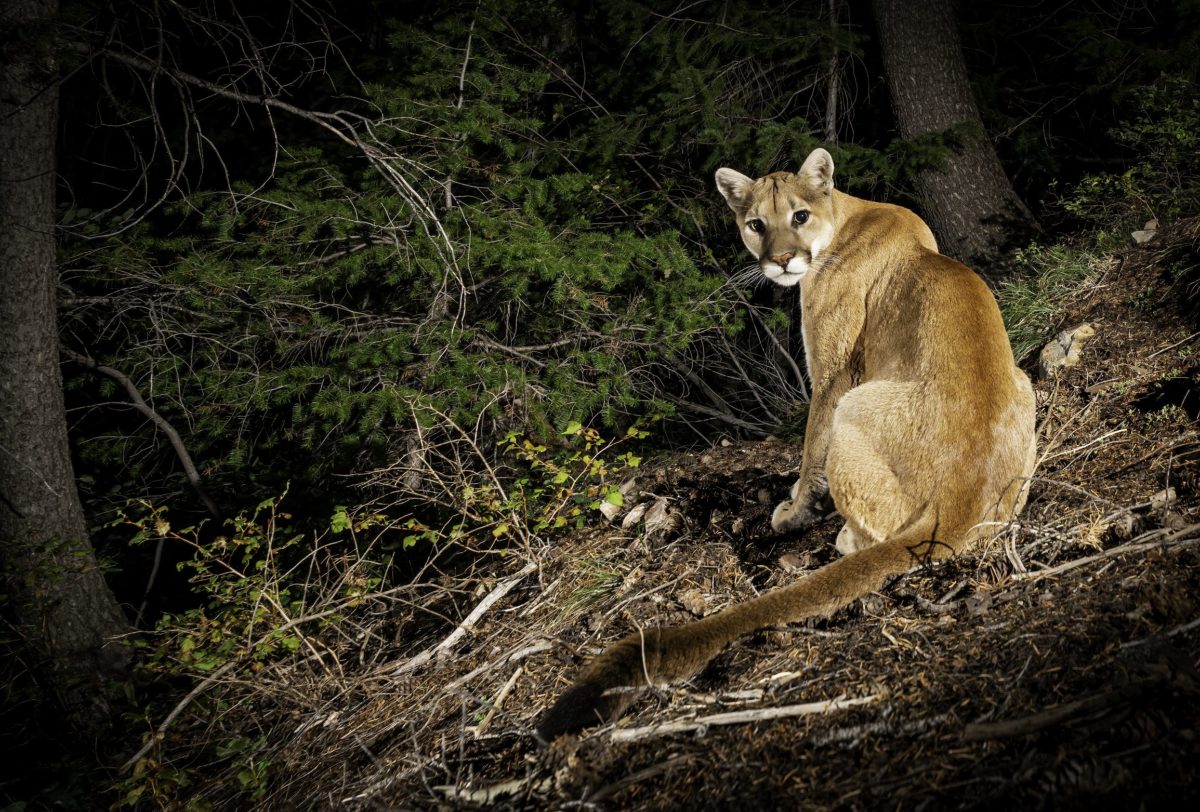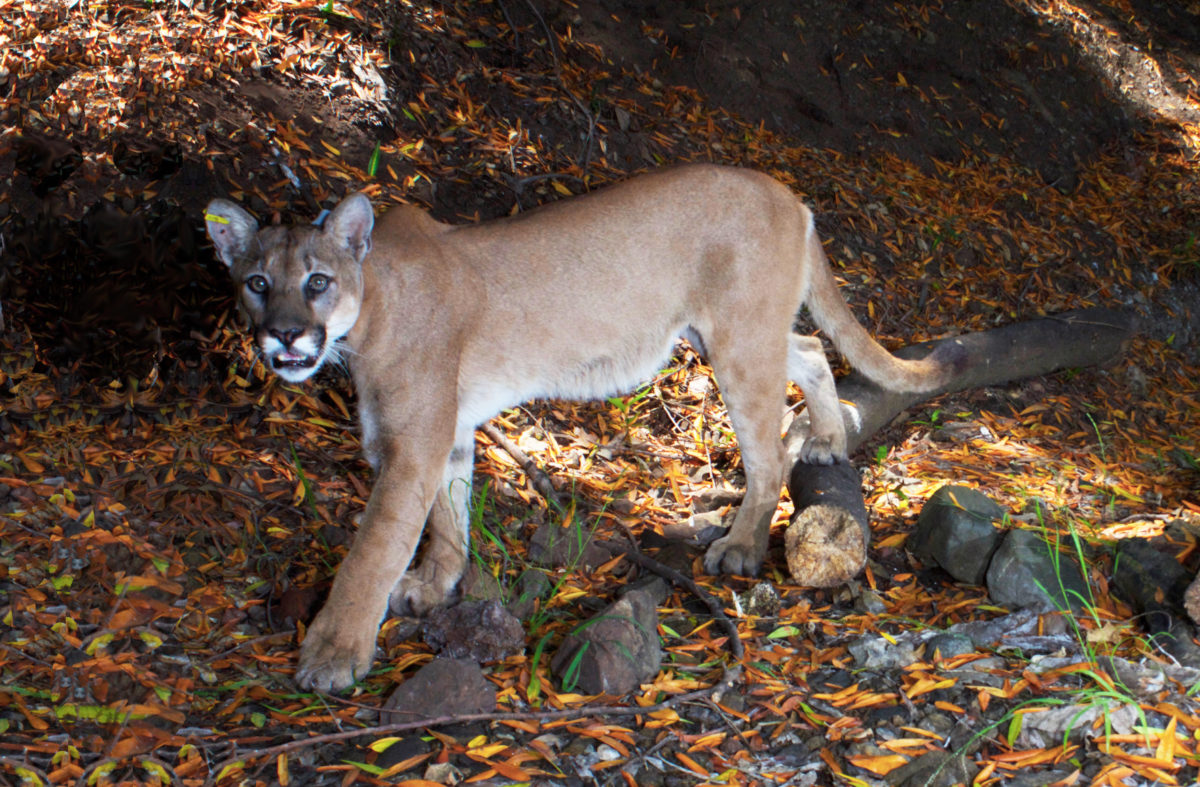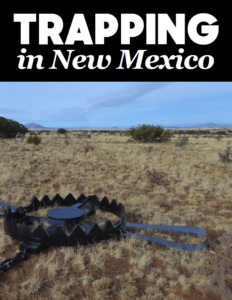All paws on deck: The movement to end trapping is far from over
By Logan Christian and Josh Rosenau
Early this year, New Mexico enacted Roxy’s Law, a policy that restricts almost all forms of wildlife trapping on the state’s public land. This law will help end considerable animal suffering in the state, not only for “furbearing” species but also for unintentionally captured endangered species and pets.

Roxy’s Law is named for a dog whose death galvanized the movement against trapping in New Mexico. Recently, a New Mexico court dismissed a range of wildlife crimes facing Marty Cordova, whose illegally placed traps killed Roxy. Officials from New Mexico Department of Game and Fish and the Bureau of Land Management mishandled evidence by deleting numerous photos and not collecting the implicated traps.
Only if law enforcement gives it teeth can Roxy’s Law take a bite out of illegal trapping. In addition to clearer enforcement guidelines, the new law needs a longer reach to stamp out this cruelty and protect our pets and wildlife. Trapping remains legal on all of New Mexico’s private lands, and throughout most private and public lands in the vast majority of states.
For decades, wildlife agencies have viewed trapping as a way to protect desirable game populations. Eleven states allow the trapping of mountain lions, whether by wildlife agency officials, federal Wildlife Services, or private contractors. Nationally, thousands of coyotes and other carnivores are trapped every year, with no evidence of any benefit for game species, and regardless of the social and ecological benefits carnivores provide.
Fortunately, change is coming, even within the livestock industry, once a major advocate for trapping. Many livestock producers do not see trapping as the only way to meet their objectives. From 2000 to 2015, the percentage of producers who use non-lethal predator deterrence methods grew six-fold from 3% to 19%. Non-lethal deterrence often proves more effective and cheaper in the long run compared to trapping.
Professional trappers are changing their views, too. Carter Niemeyer grew up trapping for federal agencies, “a hired gun for the livestock industry,” as he puts it. But after 26 years of that work, he went from hunting wolves, cougars, and other carnivores, to helping return wolves to the West. As he came to see that killing those animals didn’t cure anything, Niemeyer rethought the value of trapping. “I know now,” he writes, “that most of the predator killing I did was unjustified.” He follows a new path now, as have many other trappers. He doesn’t reject what trapping was, just doesn’t see it as the future for himself or wildlife. “Trapping was everything to me. I wouldn’t take back most of what I did. After all, it taught me almost everything I know about wildlife. But that doesn’t mean I’m the same now.”
Neither are New Mexicans. Trapping may be an important to some, but the majority of New Mexicans supported a trapping ban for decades before Roxy’s Law passed. New Mexico shows what the movement to end trapping can accomplish, but also highlights how far we have to go. To win this battle, wildlife advocates need to keep working with agriculture producers, sportsmen, and agency officials who see that trapping isn’t a solution, but a problem. If the movement can do that, it might just prevail.
Logan Christian and Josh Rosenau are Conservation Advocates with the Mountain Lion Foundation, a National non-profit organization.






